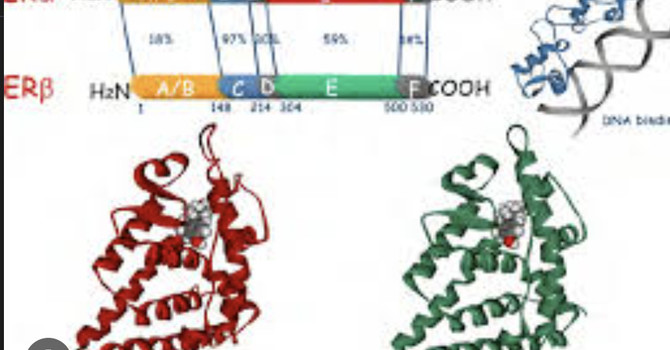As a physician who has grappled with weight fluctuations throughout my life, I understand the challenges of making changes in habits and nutrition. These insights have been gleaned from both my own experiences and the wisdom shared by experts in the field. They are practices I wholeheartedly encourage others to embrace as well. In this article, we'll delve into the art of nourishing your body during menopause, exploring how even small changes can yield substantial benefits as we work toward optimizing hormone health through thoughtful dietary choices.
Balancing Blood Sugars:
A Hormonal Imperative Blood sugar levels play a pivotal role in regulating not only metabolic hormone insulin but also our sex hormones. High blood sugar and insulin resistance can extend the duration of perimenopausal and menopausal symptoms. Elevated blood sugar levels also contribute to inflammation and tissue degradation, especially in reproductive organs. Achieving proper blood sugar control is essential as you transition into perimenopause.
To keep your blood sugars in check, focus on a balanced and diverse diet rich in fruits, vegetables, and well-sourced protein. Avoid foods that cause dramatic spikes in blood sugar, such as heavily processed items with excessive sugar and carbohydrates. Remember that what goes up must come down, often resulting in mood swings, overeating, and inflammation. Adequate sleep, stress management, and regular exercise are also crucial for maintaining stable blood sugar levels.
Mindful Carbohydrate Choices
Carbohydrates are often unfairly vilified, but for hormonal balance, it's wise to be discerning about the types you consume. Shift your carb choices away from pasta and crackers, and instead, prioritize carbohydrates from vegetables, especially colorful, cruciferous ones like broccoli, cauliflower, kale, and turnips. These veggies provide essential nutrients while helping maintain stable blood sugar levels.
The Role of Protein
As we age, our bodies produce less growth hormone, making dietary protein integral for preserving muscle mass. Muscle tissues consume significant amounts of glucose, and a decline in muscle mass can lead to elevated blood sugar levels, which, in turn, may result in fat accumulation. Eating sufficient protein also provides the building blocks for neurotransmitters like serotonin, dopamine, and GABA, making it a dietary priority during menopause.
Exploring Intermittent Fasting
Intermittent fasting can optimize metabolic health, stabilize mood, and help regulate weight during menopause. As estrogen levels drop, our brain cells may become concerned about fuel supply, leading to emotional issues, memory problems, brain fog, and symptoms like hot flashes and night sweats. Intermittent fasting can provide an alternative source of fuel in the form of ketones.
Intermittent fasting doesn't have a one-size-fits-all approach and should be tailored to your preferences. For instance, you might choose to stop eating at 7 pm and resume at 9 am the following morning. This approach enhances insulin sensitivity, improves glucose tolerance, and promotes fat burning.
Incorporate Nutrient-Packed Foods for Hormone Health
Diversify your diet with nutrient-packed foods to encourage hormonal balance. For instance, sweet potatoes, rich in beta-carotene, can support overall health by boosting your immune system and providing essential vitamins and minerals. Fatty fish like salmon, abundant in omega-3 fatty acids, can help reduce inflammation and promote hormonal stability. Spinach, a leafy green powerhouse, provides magnesium, a mineral crucial for hormone regulation and mood balance. These are just a few examples of foods that can contribute to your overall hormonal well-being.
As you navigate the journey through menopause, keep in mind that the food you choose to consume can be a valuable ally in maintaining hormonal harmony and overall well-being. Making mindful choices, prioritizing nutrient-dense foods, and exploring dietary strategies like intermittent fasting can significantly contribute to supporting your health and vitality during this transformative phase of life.

Anat Sapan, MD
Contact Me



